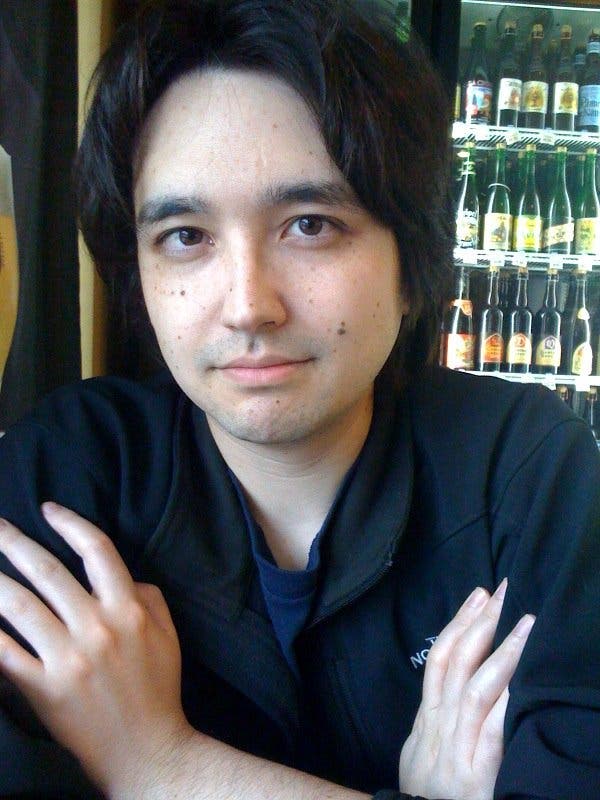Independents' Day
Eurogamer speaks to the developers trading blockbuster studios to pursue the indie dream.
"The whole time I was working in the industry, hardly a day went by that I didn't daydream of going off and doing my own thing."
Matthew Burns had an enviable job in mainstream game development. In the ten years since he joined the video game industry as a tester at Activision, his credits came to include two Call of Duty games and three Halo titles. His rise through the ranks was fast and steady, culminating in a producer position at Bungie where he worked on its killer franchise as well as the so-called "Peter Jackson Halo project." But despite being settled in a role many within the industry would aspire to, in 2009 he handed in his notice to set up a desk in a house in Seattle and, using his savings, began work on his own idea for a game.
"There's no smaller, practical game development team than 'me and some friends', so that route became more and more appealing as projects grew bigger and bigger around me."

Rhodri Broadbent had an enviable job in mainstream game development. In the ten years since he joined the video game industry as a tester at Electronic Arts, his credits came to include Fable, StarFox Command, two of the PixelJunk PSN games and Buzz. His rise through the ranks was fast and steady, culminating in a Lead Designer role at Q Games in Japan. But despite being settled in a role many within the industry would aspire to, in 2010 he handed in his notice to set up a desk in a house in Cardiff, Wales and, using his savings, began work on his own idea for a game.
"Freedom to work on what I want was definitely the primary motivation. I wanted to work on more than just a few games the rest of my life, and to have a bigger influence in how those games were made. Going solo was just the best way for me to achieve that."
Luke Schneider had an enviable job in mainstream game development. In the fourteen short years since he joined the video game industry as a programmer at Outrage Games, his credits came to include Descent 3, Alter Echo, Red Faction II, The Punisher, and Red Faction: Guerrilla. His rise through the ranks was fast and steady, culminating in a Lead Programmer role at Volition. But despite being settled in a job many within the industry would aspire to, in 2010 he handed in his notice to set up a desk in a house in Illinois and, using his savings, began work on his own idea for a game.
In the formative days of the industry, aspiring game makers would tirelessly work on a game in their bedroom before sending it out to the most respected development studios in the hope of securing themselves a job to work on the next Mario, Tomb Raider or Halo. But recent years have witnessed a new trend, one that has seen some of gaming's hardest workers leave mainstream development to return to their proverbial bedrooms in order to work on their own ideas. Publishing platforms such as Xbox Live Arcade, PSN, Steam and the App Store have had a democratizing effect on game publishing. Now, as in the 1980s, it's possible for one-man bands and close-knit independent teams to design and release their own products to a global audience. And for those people for whom big team development has become a chore, a door to freedom and control has opened that was previously closed.

